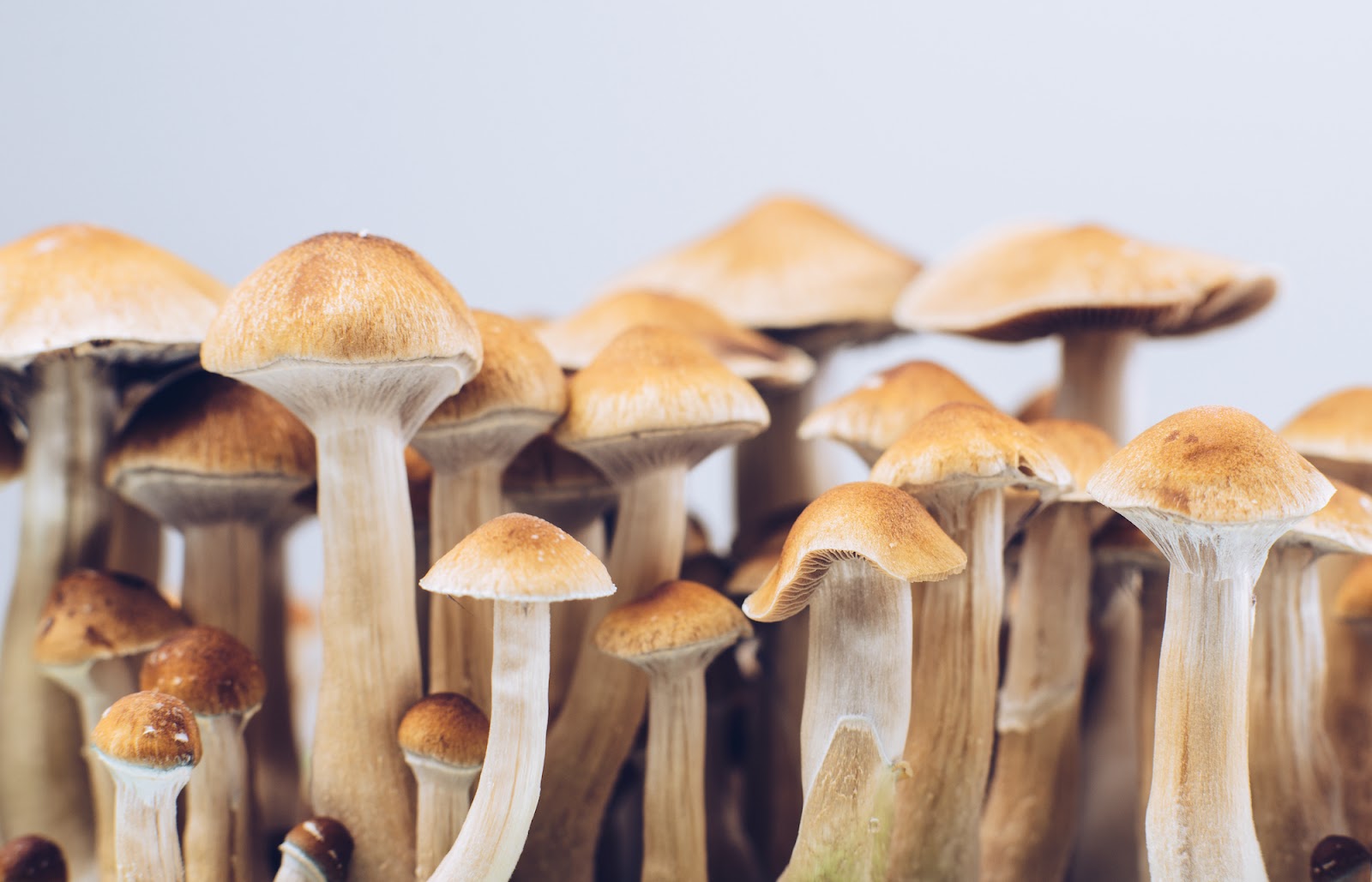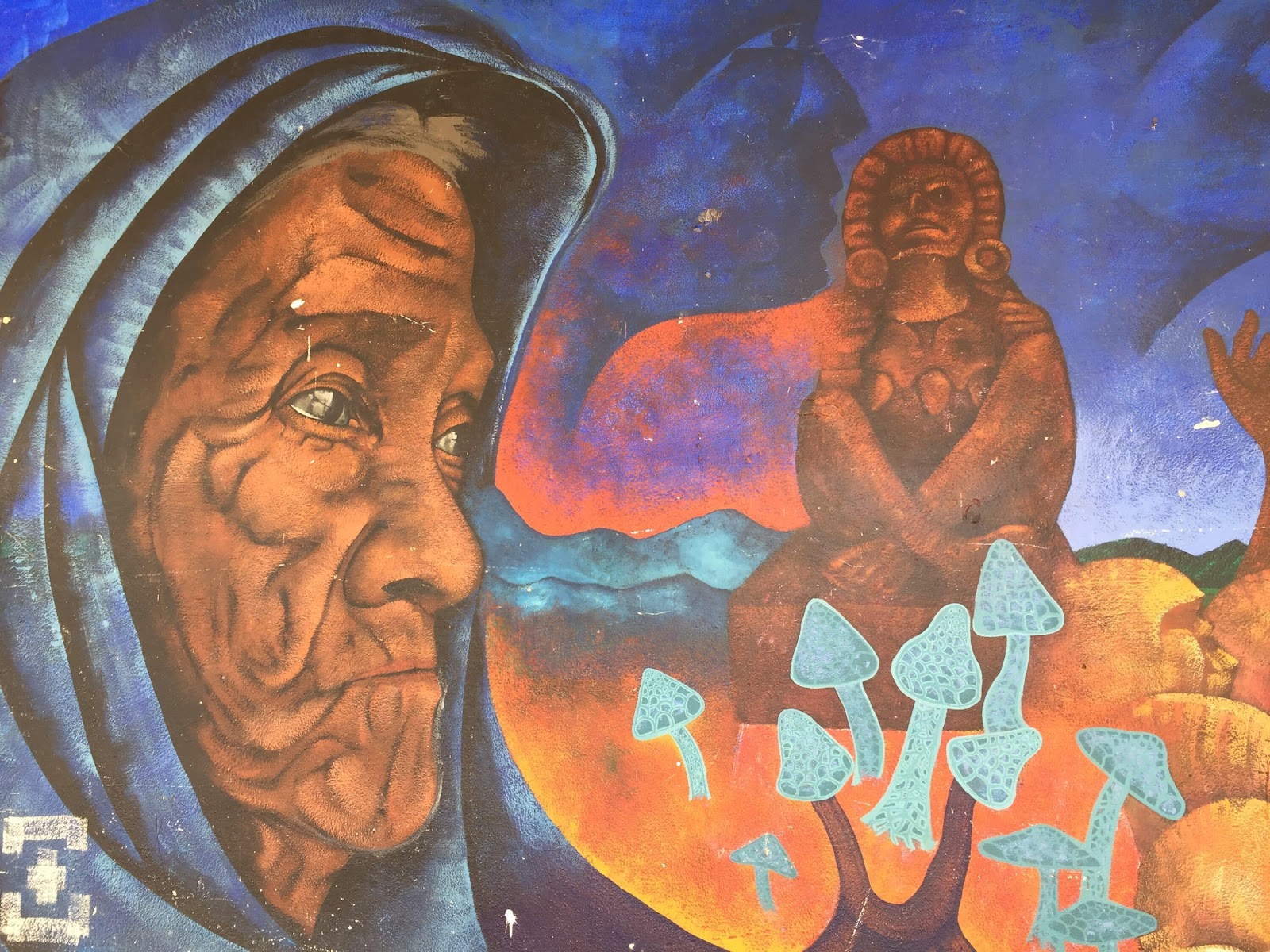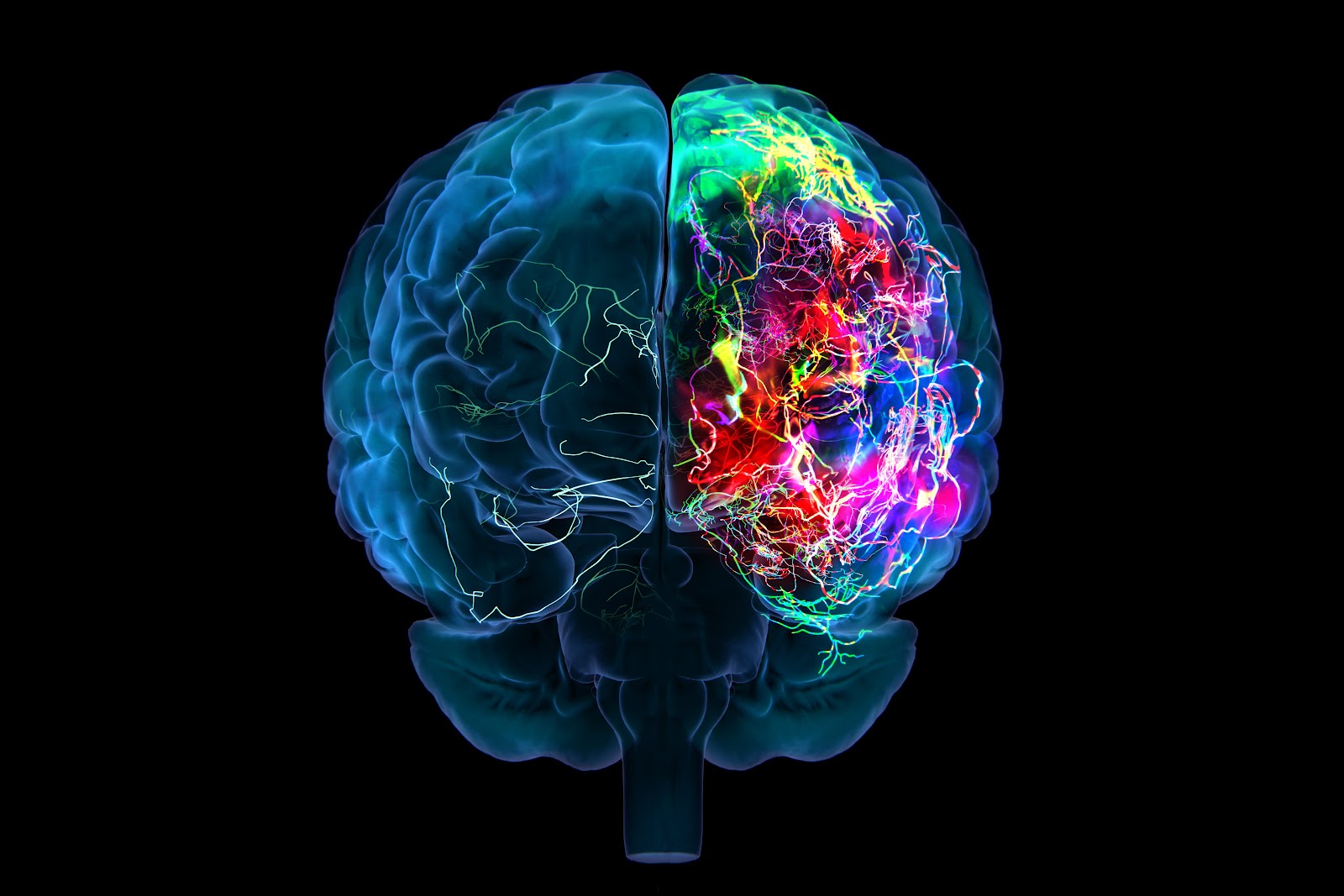Psilocybin
Psilocybin, a naturally occurring compound found in various species of psychedelic mushrooms, has captivated human curiosity for centuries. This article delves into the multifaceted world of Psilocybin, exploring its historical roots, therapeutic potential, and profound impact on mental health. Throughout this journey, we'll also shed light on the essential role of guides in harnessing the power of this enigmatic substance.

Cubensis mushrooms that contain Psilocybin
History
The history of Psilocybin is intertwined with the rituals and beliefs of diverse cultures worldwide. Indigenous communities, particularly in regions like Mesoamerica, have revered Psilocybe mushrooms, which contain Psilocybin, as sacred tools for communion with the divine. These mushrooms, often referred to as "magic mushrooms" or "sacred mushrooms," have played a central role in religious ceremonies and spiritual practices.
The use of Psilocybe mushrooms among indigenous peoples dates back thousands of years. For instance, the Aztecs referred to them as "teonanácatl," which translates to "flesh of the gods." These mushrooms were believed to enable direct communication with deities, offer insights into the nature of reality, and serve as a conduit to the spiritual realm.
In the mid-20th century, Psilocybin gained wider recognition in the Western world, partly due to the pioneering efforts of individuals like Gordon Wasson. Wasson's explorations into the ritual use of Psilocybin-containing mushrooms among indigenous communities in Mexico brought attention to the compound's unique properties. This period marked the beginning of a resurgence of interest in Psilocybin and other psychedelic substances.

A mural at the municipal building in Huautla de Jiménez depicts Mazatec shaman María Sabina and the psychedelic mushrooms for which she and the town are known.
Therapeutic Uses
Throughout history, indigenous cultures intuitively understood the significance of guides or shamans when navigating the realms unlocked by Psilocybin. These guides, often revered as wisdom keepers, played a crucial role in ensuring safe and meaningful journeys. They possessed the knowledge and experience to navigate the intricate landscapes of altered consciousness.
Today, in therapeutic settings, the role of guides remains paramount. Trained and compassionate professionals, often psychologists or therapists, serve as guides during Psilocybin-assisted therapy sessions. They create a safe and supportive environment, helping individuals traverse their inner worlds. These guides provide emotional support, facilitate introspection, and ensure that the experience remains grounded and purposeful.
Contemporary research has revealed that Psilocybin-assisted therapy holds immense promise in treating a variety of mental health conditions. Clinical studies have demonstrated its effectiveness in alleviating depression, anxiety, and post-traumatic stress disorder (PTSD). During Psilocybin sessions, individuals frequently report profound insights and mystical experiences, which can lead to lasting therapeutic benefits.
In the realm of addiction treatment, Psilocybin therapy has shown promise. It has been used to help individuals overcome addiction to substances such as nicotine and alcohol by providing them with a fresh perspective on their habits and cravings.
Furthermore, in the context of palliative care, Psilocybin has shown remarkable potential. It can help individuals facing terminal illnesses cope with existential distress and anxiety. The experiences induced by Psilocybin often offer a sense of peace, acceptance, and even spiritual insights, assisting individuals in coming to terms with their mortality.

One of the defining features of a Psilocybin experience is the induction of mystical or transcendent experiences. These profound journeys often entail a sense of interconnectedness, unity, and awe. They can lead to significant shifts in an individual's perception and worldview.
Psilocybin has the unique ability to dissolve the boundaries of the self, resulting in a phenomenon known as ego dissolution. During these experiences, individuals may feel deeply connected to the universe, transcending their individual identities.
Many individuals report that Psilocybin sessions enable them to confront and process repressed emotions and traumas. This therapeutic processing can lead to emotional healing and personal growth.
Following a Psilocybin experience, users frequently report heightened creativity and problem-solving abilities. The altered state of consciousness can lead to fresh perspectives and innovative insights.
Psilocybin, a compound with a storied history, is poised to revolutionize the field of mental health and therapy. While ongoing research continues to unveil its therapeutic potential, it's crucial to approach Psilocybin with caution and in controlled settings. Guides, both in indigenous traditions and contemporary therapy, play a pivotal role in ensuring the safe and transformative use of this remarkable substance. As we continue to explore the intricate tapestry of Psilocybin, its potential to heal and expand human consciousness remains a beacon of hope and discovery.